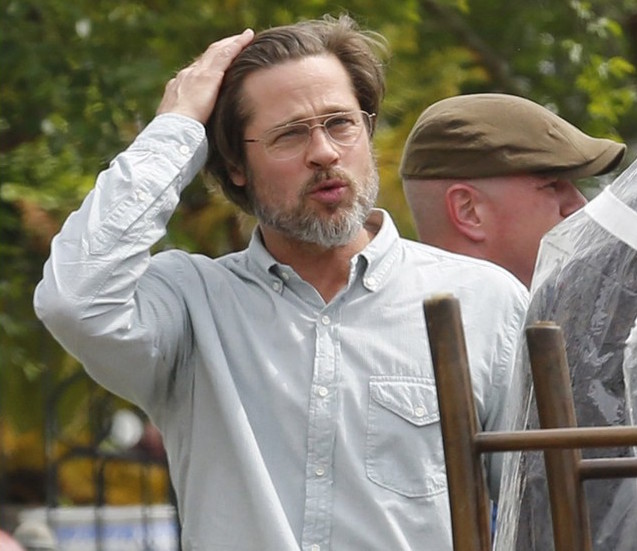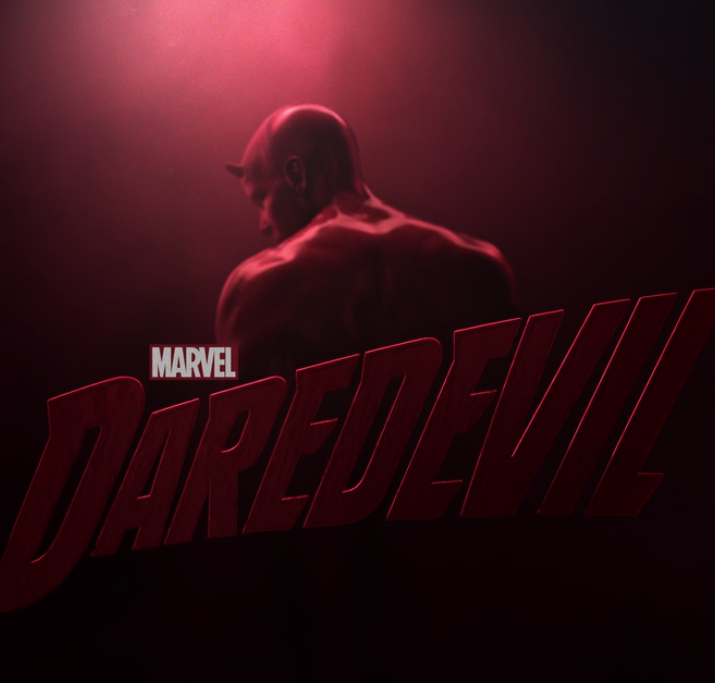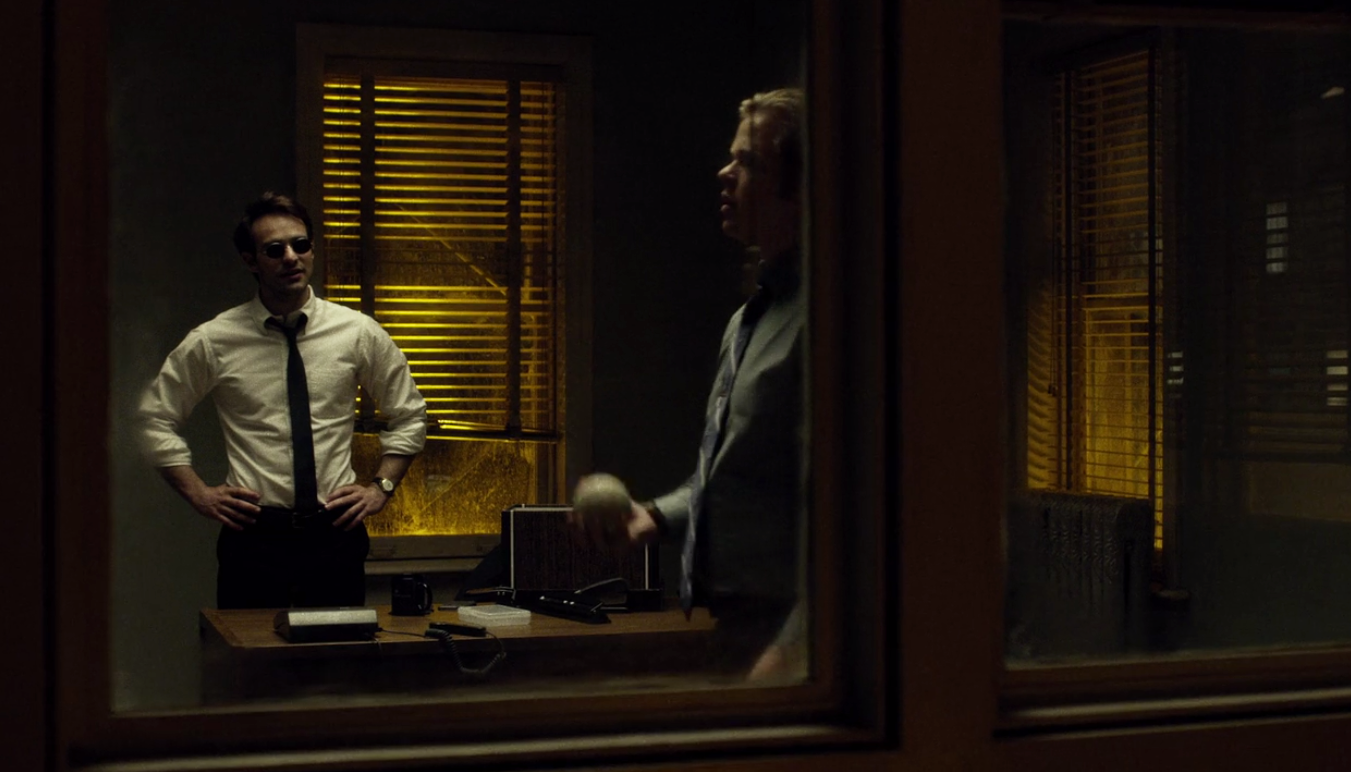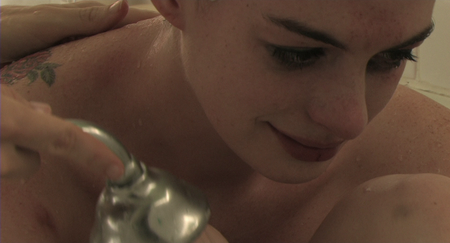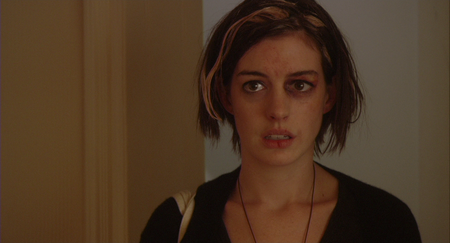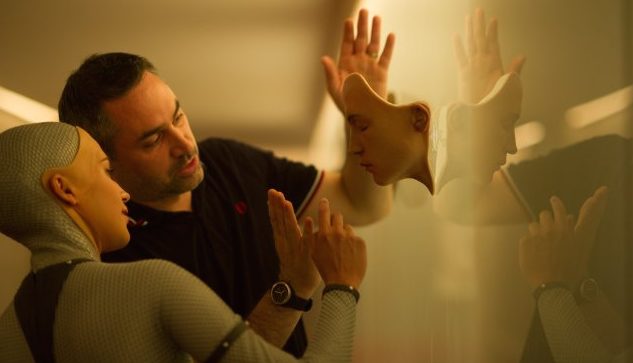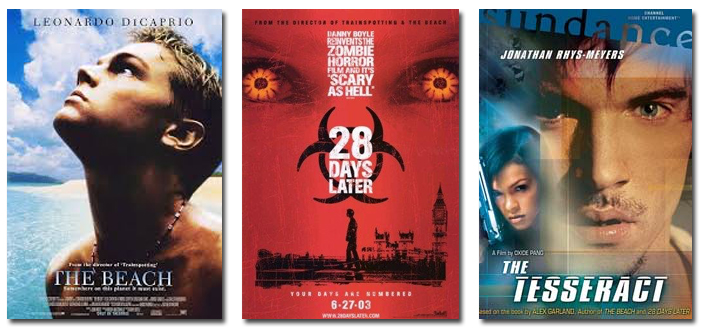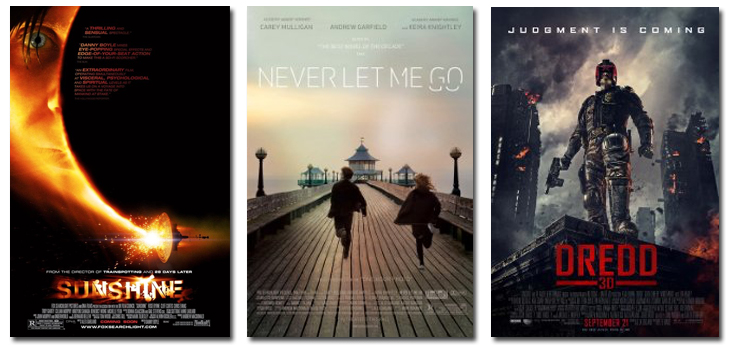This week's Joan Crawford mania, sparked by back-to-back best shot eppys (Mommie Dearest and Johnny Guitar) and a coincidental shout out to Mildred Pierce on Mad Men / reader question about Golden Age actresses, made this week something of an accidental theme week. For those who weren't feeling it, too bad! [Glenn Close voice]
Joan's not going to be ignored, Dan."
Joan cannot be denied. Nor can she blend in. Which is the topic of this final Joan post, my very late pick for that Best Shot party (I wasn't the only latecomer!). Let this one serve as a toast not only to the two time Oscar-winning cinematographer Harry Stradling Sr, but the costume designer Sheila O'Brien.
 Best Shot. Joan, glowing like the sun in the center of the frame where she belongs.
Best Shot. Joan, glowing like the sun in the center of the frame where she belongs.
There are many things to love about this western oddity but the single most amusing detail is that Joan has three costume changes during the extended climax. There's no time for a costume change like that time when you're running for your life! In the scene which really caught the Best Shot club's attention she is playing piano calmy in the center of her saloon (and the frame, naturally) in an enormous fluffy girly white gown. This change comes late enough in a picture in which she's only ever otherwise worn pants, that you know it's an in-your-face move meant to make a statement. (With the added benefit of pissing off her equally butch rival, Mercedes McCambridge). It's also the first time in the picture in which things go really wrong for her. Her lover Johnny Guitar momentarily rescues her from certain murder and they flee into the darkness. He's worried that she's like a great big lantern with that white dress on in the nighttime. So Crawford switches it out for an outfit that's.... wait for it... Bright red. Way to be inconspicuous Joan. A very brief time later, while still trying to avoid taking several bullets she switches that one out for... BRIGHT YELLOW.
You will never catch Joan Crawford in camouflage. She will only spend time in the shadows if she can be beautifully lit emerging from them (see the whole of Mildred Pierce). A true star will not / can not blend in. Go ahead and put her in the center of the frame in shockingly bold colors, with nothing else to distract us. All eyes will stay on her regardless.

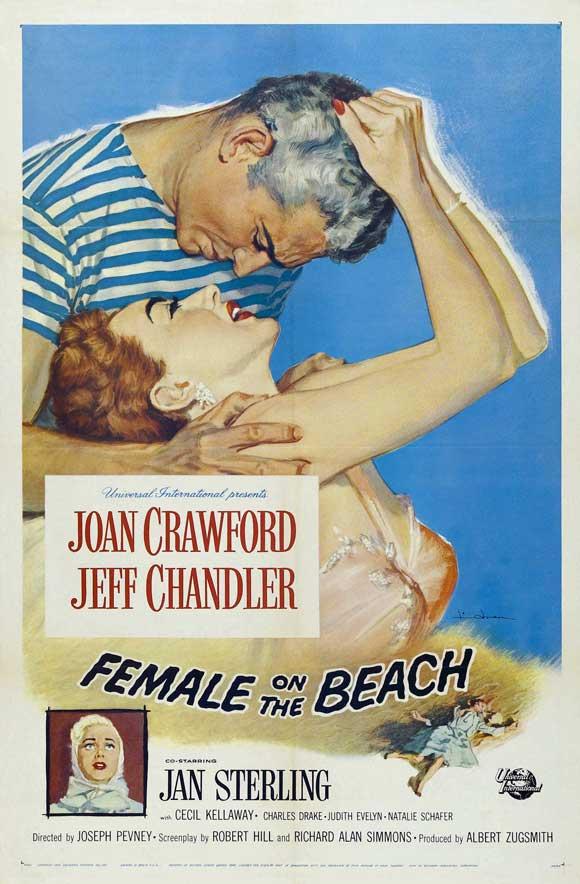 P.S. Curiously, though the costume designer Sheila O'Brien lived to be 80 years old, dying only a few years after Joan herself, she only served as lead Costume Designer on six Hollywood pictures, after a promotion from the wardrobe department. Five of the six were Joan Crawford vehicles so the Star obviously liked her, or Miss O'Brien worked very hard to appease the Star. Either/Or. In fact, her first non "wardrobe credit" was "gown executer: Miss Crawford" (such a violent title!) on 1949's Flamingo Road, after which she became a lead designer. She was Oscar nominated for the popular Crawford picture Sudden Fear (1952). Her last Crawford picture Female on the Beach (1955) carries the immortal tag line:
P.S. Curiously, though the costume designer Sheila O'Brien lived to be 80 years old, dying only a few years after Joan herself, she only served as lead Costume Designer on six Hollywood pictures, after a promotion from the wardrobe department. Five of the six were Joan Crawford vehicles so the Star obviously liked her, or Miss O'Brien worked very hard to appease the Star. Either/Or. In fact, her first non "wardrobe credit" was "gown executer: Miss Crawford" (such a violent title!) on 1949's Flamingo Road, after which she became a lead designer. She was Oscar nominated for the popular Crawford picture Sudden Fear (1952). Her last Crawford picture Female on the Beach (1955) carries the immortal tag line:
She was TOO HUNGRY for love... to care where she found it!"
Weirdly O'Brien only has two credits after her time with Crawford and they're both years later. Did she upset the tempestuous diva? What happened to her? I'm suddenly desperate for a biopic on her. I bet there are skeletons in that wardrobe closet.
Exit Music. Play us off, Joan!
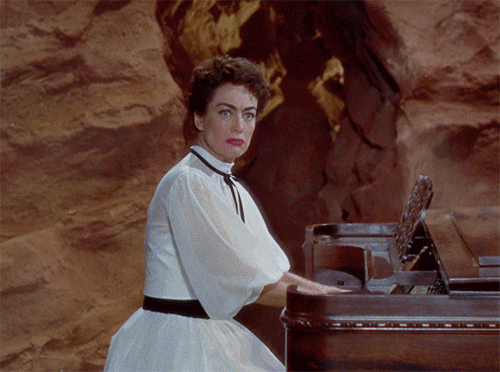
 Saturday, April 11, 2015 at 1:00PM
Saturday, April 11, 2015 at 1:00PM 